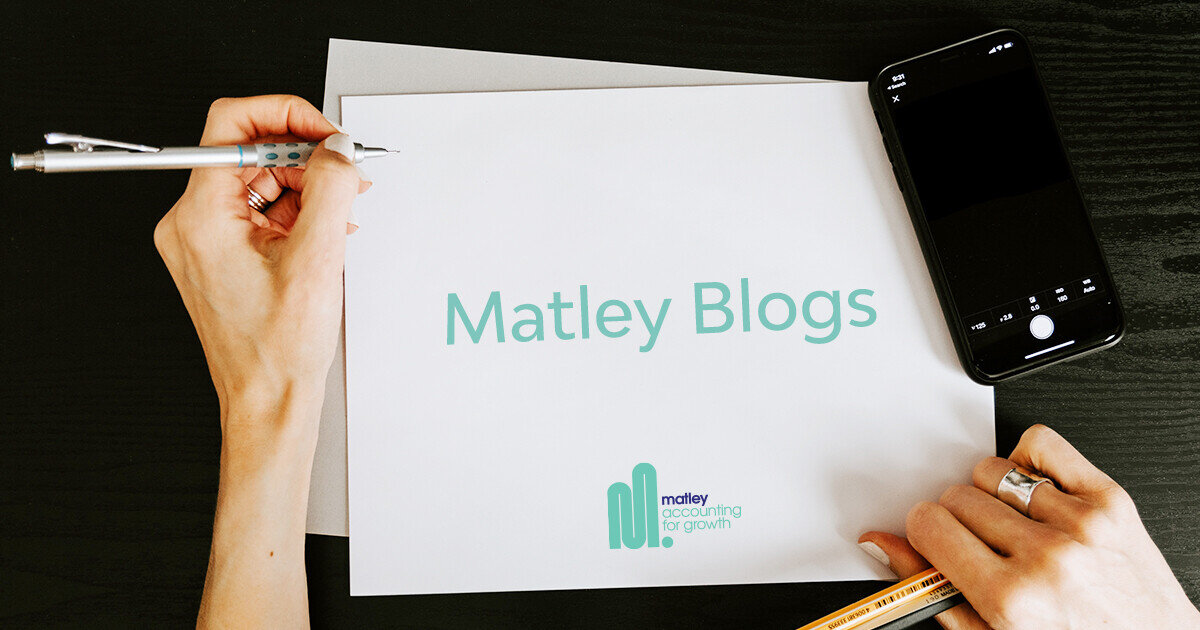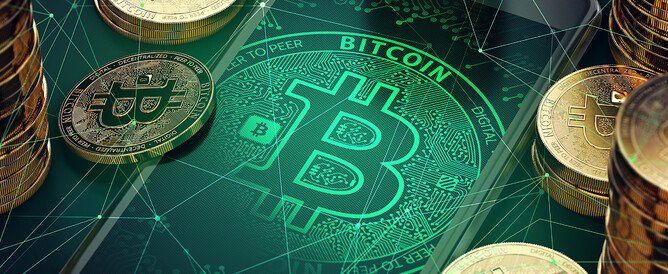We have increasingly been asked what our opinion is of Bitcoin and, to a lesser extent, the general cryptocurrency trend. Are they the “new” money or just a flash in the pan and a form of commodity investment much like Gold futures and stock options?
While the intention of this article is not to endorse, nor denounce, these new forms of currency, it is important to consider them next to traditional investment options. As a start, we delve into the history of money.
We view money as any clearly identifiable object of value that is generally accepted as payment for goods and services and repayment of debts within a market, or which is legal tender within a country.
At some time in history there was a movement from a barter system to a monetary system where there were accounts maintained (which is the basis of modern day accounting) and exchange systems where things of value (example wood, paper etc) became the basis of a unit of measurement. For example, in ancient times a barter system in the market would be to swap livestock for grain, or attractive items like beads in exchange for commodities like barley. A shekel (which was a coin representing a specific weight of barley) could be used in exchange for the actual corresponding weight of the barley. And this would be the first real “use” of money as a means of exchange which we see in the modern economy (well, for those of us who still use cash anyway).
Eftpos is a form of money exchange as our banks run a ledger of accounts for the movements in and out with a form of promissory note to the other bank, and then run these ledgers through a centralised banking system (for us the Reserve Bank of New Zealand).
So where does cryptocurrency fit in? Bitcoin is the most commonly known cryptocurrency and “is the first decentralized digital currency, as the system works without a central bank or single administrator. The network is peer-to-peer and transactions take place between users directly, without an intermediary.”
So… is it money? In it’s basic form, it is a medium of exchange, as the units have a value and it can be swapped for other goods and services by companies that accept bitcoin as a form of currency. It is not centralised which makes it a pure market driven price based on what “value” people place on the bitcoin price. There is a lot of commentary by leading economists and centralised banking systems that the Bitcoin “revolution” is a bubble that could well burst. Counter to that is the argument that it is old school thinking in the new modern IT age. But whatever your thoughts on any of the cryptocurrency, it could not by any stretch of the imagination be called money.
Reverting back to the definition of money, it is an identifiable object of value which is generally accepted as a payment of goods and services and is legal tender within a country. When comparing these elements to Bitcoin (as an example of cryptocurrency) it is a struggle to agree it is an identifiable object of value. The price range from the 25th December 2017 to 20th January 2018 was a high of $17K USD and a low of $10K USD. It Is not generally accepted as payment for goods and services (as not everyone accepts it) and is not legal tender in a country as it is not centralised, rather it needs to be realised on the open market after receiving it and on-selling it.
If you are interested in exploring cryptocurrencies the general advice is to proceed with caution. The wild fluctuation in price reflects the speculative nature of the investment, but that does not mean if you understand it you should not invest in it. The gold price over the same period has fluctuated from a low of $1,240 USD to a high of $1,340 USD. I suppose the difference with gold is you get something tangible at the end.

